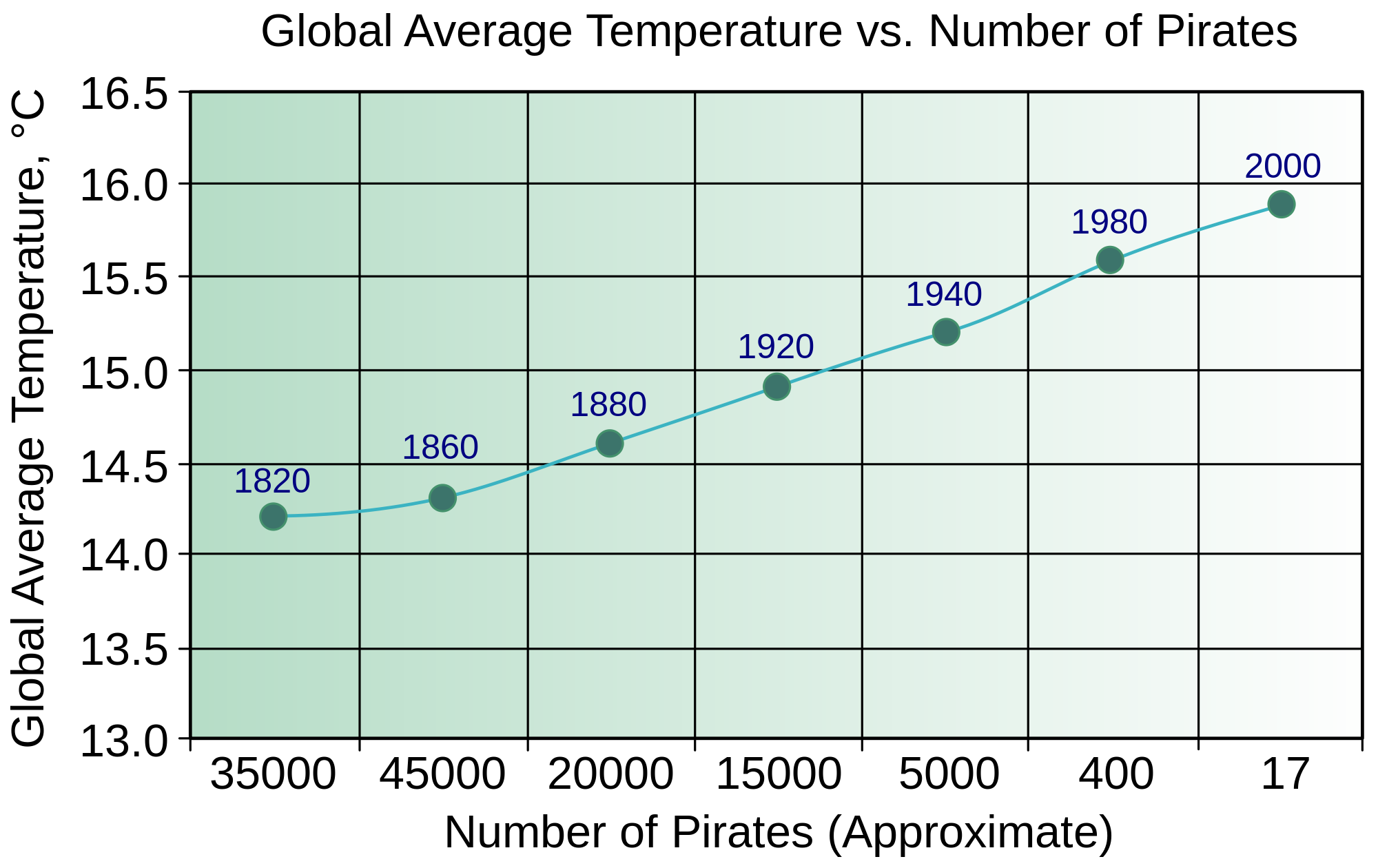ExFlyBoy5
Give me a museum and I'll fill it. (Picasso) Give me a forum ...
Exercise is actually more popular now, or at least socially more acceptable.
I remember going for long walks for exercise in my teens and 20's, and being jeered and snarked at for it. Now the young people are all, "Sitting is bad for you! Gotta get my 10,000 steps!"
Perhaps but I think as a society we were just more active "back in the day"...I mean you actually had to get up (or make your kid get up) to change the channel. As a kid (not too long ago)....I was always outside. And if the weather was bad, I was in the garage playing.
Not only that, when it was time for dinner, all our veggies were cooked with bacon grease and we ate plenty of red meat; none of us were even close to being overweight.



